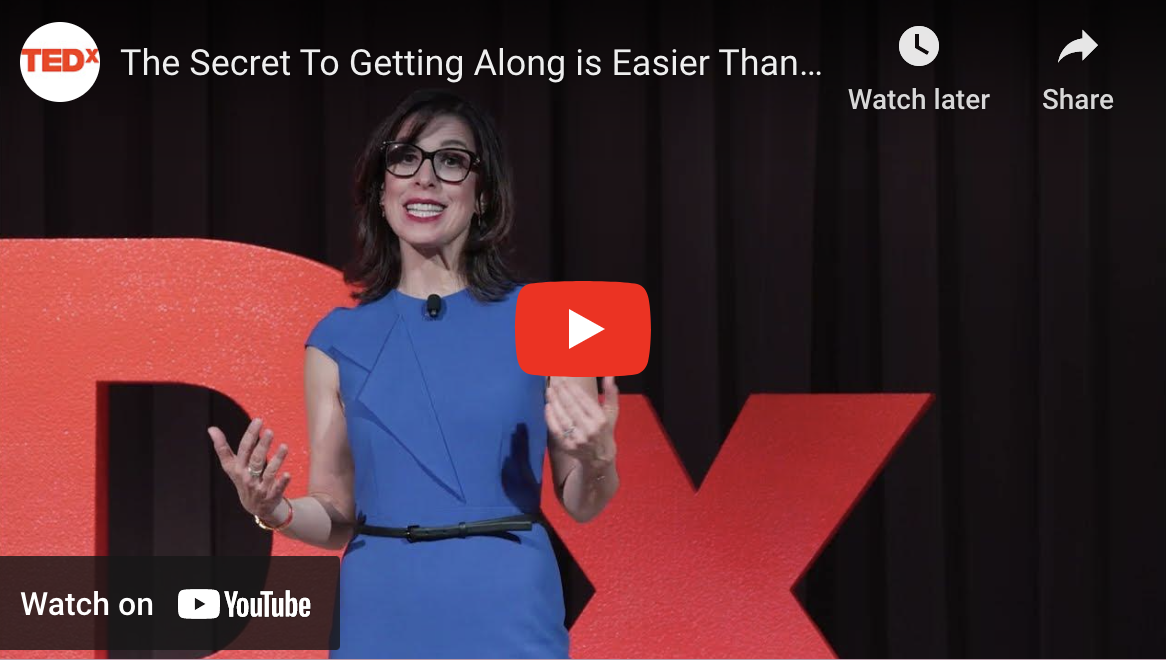What is the Difference Between a Prenup and a Postnup?

Prenuptial and postnuptial agreements are legal documents that are becoming increasingly popular in today’s society. These agreements allow couples to define their rights and responsibilities before and after marriage, respectively.
In this article, we will discuss the key differences between prenuptial and postnuptial agreements, including the legal requirements for each, the enforceability of each agreement, and the types of issues that can be addressed in each agreement. We will also provide a brief overview of the laws in the state of New York that apply to these agreements.
What is a Prenuptial Agreement?
A prenuptial agreement, also known as a “prenup,” is a legal contract that is entered into by two people before they get married. The purpose of a prenup is to outline the rights and responsibilities of each spouse in the event of a divorce or death. Prenups typically address issues such as property division, alimony, and inheritance rights.
In New York, prenuptial agreements are governed by the New York Consolidated Laws GOB § 3-303. Under New York law, a prenuptial agreement must be in writing, signed by both parties, and notarized. The agreement must also be entered into freely and voluntarily, without coercion or undue influence. Additionally, the agreement cannot be unconscionable and must be fair at the time of execution.
Each party should also have an opportunity to consult with an independent attorney before signing the agreement.
What is a Postnuptial Agreement?
A postnuptial agreement, also known as a “postnup,” is a legal contract that is entered into by two people after they are already married. The purpose of a postnup is to outline the rights and responsibilities of each spouse in the event of a divorce or death, just like a prenup. Postnups typically address the same types of issues as prenups, such as property division, alimony, and inheritance rights.
In New York, postnuptial agreements are also governed by the law. The same requirements for prenuptial agreements apply to postnuptial agreements, including that the agreement must be in writing, signed by both parties, and notarized. Additionally, the agreement must be entered into freely and voluntarily, without coercion or undue influence. Furthermore, the postnup must be executed voluntarily and without coercion. The agreement cannot be unconscionable and must be fair at the time of execution.
Each party should also have an opportunity to consult with an independent attorney before signing the agreement.

Key Differences between Prenups and Postnups
While prenuptial and postnuptial agreements have many similarities, there are some key differences between the two.
- Timing: The most obvious difference between prenuptial and postnuptial agreements is the timing of when they are executed. Prenups are entered into before marriage, while postnups are entered into after marriage.
- Enforceability: Prenuptial agreements are generally considered to be more enforceable than postnuptial agreements. This is because a prenup is entered into before the marriage, while a postnup is entered into after the marriage. This means that the parties are less likely to claim that they were coerced into signing the agreement. However, both types of agreements are subject to the same legal requirements, and both prenups and postnups have the same chances of being upheld in court as long as they meet all legal requirements.
- Changes in Circumstances: Another key difference between prenuptial and postnuptial agreements is that postnups are generally easier to modify than prenups. This is because postnups are entered into after the marriage, when the couple’s circumstances may change from time to time. In contrast, prenups are often more difficult to modify, as they are entered into before the marriage and are based on the couple’s circumstances at that time.
Types of Issues Addressed
Both prenuptial and postnuptial agreements can address various issues, including property division, alimony, and inheritance rights. However, some issues are typically addressed in prenups, and others are typically addressed in postnups.
Prenups typically address:
- Property rights and ownership.
- Division of assets and liabilities in the event of a divorce.
- Alimony and spousal support.
- Inheritance rights.
- Waiver of the right to elect against a will or trust.
- Agreement on the terms of a divorce, in the event that one occurs.
- Agreement on the terms of estate planning, including the distribution of assets upon death.
Postnups typically address:
- Changes in financial circumstances since the marriage.
- Clarification of property rights and ownership.
- Agreement on how to handle future financial decisions.
- Agreement on how to handle future disputes.
- Agreement on the terms of a divorce, in the event that one occurs.
- Agreement on the terms of estate planning, including the distribution of assets upon death.
- Agreement on the terms of business ownership and management.

Benefits of Prenuptial and Postnuptial Agreements
These agreements can provide several benefits, including:
- Clarity: Prenuptial and postnuptial agreements can clearly define each spouse’s assets and liabilities and establish how they will be divided in the event of a divorce.
- Protection of assets: These agreements can protect a spouse’s assets, such as a business or inherited property, from being divided in the event of a divorce.
- Avoiding disputes: Prenuptial and postnuptial agreements can help avoid disputes and uncertainty in the event of a divorce by establishing clear terms and conditions beforehand.
- Time and cost savings: These agreements can save time and money in the event of a divorce by reducing the need for lengthy legal proceedings.
- Flexibility: These agreements can be tailored to fit the specific needs and circumstances of the couple and can be amended or revoked as needed.
- Financial planning: Prenuptial and postnuptial agreements can provide a framework for financial planning and decision-making during the marriage.
- Estate planning: These agreements can be used to establish inheritance rights, ensure that certain assets are passed on to specific individuals, and plan for the distribution of assets in the event of a spouse’s death.
- Protecting children: Prenuptial and postnuptial agreements can provide for the care and support of any children from previous relationships, ensuring that their needs are met regardless of the outcome of the marriage.

Speak to Gabrielle Hartley
While prenups and postnups have many similarities, there are some key differences between the two, including the timing of execution, enforceability, and types of issues addressed.
Gabrielle Hartley can help you if you are in need of assistance with prenuptial or postnuptial agreements in New York. She is an experienced attorney who can help you understand the legal requirements and ensure that your agreement is enforceable, protecting your rights and assets.



Speak to Gabrielle Hartley
While prenups and postnups have many similarities, there are some key differences between the two, including the timing of execution, enforceability, and types of issues addressed.
Gabrielle Hartley can help you if you are in need of assistance with prenuptial or postnuptial agreements in New York. She is an experienced attorney who can help you understand the legal requirements and ensure that your agreement is enforceable, protecting your rights and assets.


FOLLOW GABRIELLE


DISCLAIMER: The commentary, advice, and opinions from Gabrielle Hartley are for informational purposes only and not for the purpose of providing legal advice or mental health services. You should contact an attorney and/or mental health professional in your state to obtain advice with respect to any particular issue or problem.
- One Edgewater Plaza Suite 304, Staten Island, NY 10305
- 266 Smith Street, Brooklyn, NY 11231
Northampton MA
PHONE:
New York: (917) 905-4553
Boston: (413) 450-0420








